
Chagas Disease and the Fight Against Nighttime Bugs
The Hidden Threat of Chagas Disease: One Woman’s Lifelong Battle with an Invisible Killer
As a young girl in Bolivia, Emiliana Rodriguez witnessed a horrifying scene that would haunt her for decades—a soccer player suddenly collapsed and died during a match. The incident was both traumatic and mysterious, leaving her shaken and fearful of the dark. It wasn’t until years later that she would come to understand the unseen danger behind that death: Chagas disease, a silent but deadly illness spread by bugs that are most active at night.
Today, Chagas disease affects an estimated 6 to 8 million people globally and causes approximately 12,000 deaths each year, yet it remains relatively unknown outside of endemic regions. Transmitted by insects known as kissing bugs, this parasitic disease has a reputation for lurking quietly in the body—sometimes for decades—before striking the heart or digestive system with fatal consequences.
A Childhood Fear Becomes Reality
Now 42, Rodriguez lives in Barcelona, where she moved 27 years ago in search of a better life. However, her past caught up with her when she was diagnosed with Chagas disease, reviving the same terror she felt as a child. The diagnosis came as a shock, triggering nightly anxiety and an overwhelming fear that she might not wake up the next morning.
Her situation became even more critical during her first pregnancy, which, heartbreakingly, occurred when she was just eight years old. Tests revealed that she carried the parasite responsible for Chagas, and she feared history would repeat itself through her unborn child. Fortunately, her doctors acted quickly, prescribing medication to prevent transmission. Her baby was born healthy and free of infection—a rare triumph in the fight against this stealthy disease.
Another Mother’s Awakening
Rodriguez’s story isn’t unique. Elvira Idalia Hernández Cuevas, a mother from Veracruz, Mexico, only discovered Chagas disease after her 18-year-old son tested positive. Her own diagnosis came unexpectedly during a routine blood donation. Like many others, she had never heard of Chagas and turned to the internet, only to uncover a chilling reality: this disease was potentially life-threatening, and there was no clear roadmap for treatment.
Feeling lost and overwhelmed, Hernández began her own journey to understand and confront the disease. She discovered that Chagas was first identified in 1909 by Carlos Ribeiro Justiniano Chagas, yet more than a century later, the illness still flies under the radar—both among the public and within the medical community.
The Silent Invasion of Kissing Bugs
Chagas disease is primarily transmitted by triatomine bugs, commonly called kissing bugs. These nocturnal insects tend to live in cracks in walls and roofs, especially in rural or suburban homes. They bite people while they sleep, usually near the mouth or eyes, and their infectious feces can enter the body through mucous membranes or small breaks in the skin.
The World Health Organization (WHO) estimates that 6 to 7 million people are infected worldwide, though many are unaware of their condition. According to the CDC, Chagas kills more people in Latin America than any other parasitic disease, even malaria. In the United States, about 300,000 people are living with Chagas, yet the disease remains poorly understood and often undiagnosed.
The Invisible Toll: Missed Diagnoses and Long-Term Effects
Roughly 30% of those infected will develop severe complications, typically affecting the heart or digestive system, often years after the initial infection. These symptoms can include arrhythmias, cardiac arrest, or megaesophagus and megacolon, which may require surgery.
Despite the dangers, only 1 in 10 cases of Chagas disease is ever detected, severely hampering efforts to provide early treatment. Like many patients, Hernández faced an uphill battle—consulting multiple doctors who had little to no knowledge of Chagas. The lack of awareness left her desperate, until a family member in the medical field helped her find the appropriate care.
Global Response: Too Little, Too Slow
Although some governments claim that Chagas is under control, many experts and advocates disagree. In Mexico, Hernández has pushed back against official narratives, citing the frequent misdiagnoses she and others have endured. The WHO classifies Chagas as a Neglected Tropical Disease (NTD)—a category for illnesses that disproportionately affect impoverished populations and receive little attention from global health initiatives.
In the United Kingdom, organizations like the Chagas Hub are working to expand access to screening and raise awareness, particularly in preventing mother-to-child transmission. Yet progress remains slow.
Professor Moore, from the Hospital for Tropical Diseases in London, has voiced skepticism that meaningful advancements will be made before 2030. He describes current progress as “glacial”, citing a lack of investment and awareness as major barriers.
Treatment Challenges and Harsh Side Effects
Currently, two drugs are used to treat Chagas: benznidazole and nifurtimox. While they are effective, particularly in early stages or in children, both come with significant side effects and are often less effective in adults.
Rodriguez, for example, endured nausea, dizziness, and fatigue during her treatment. Nevertheless, she remained committed to fighting the disease, undergoing regular medical monitoring and check-ups to ensure her condition remains stable.
Unfortunately, with limited financial incentives, pharmaceutical companies have shown little interest in developing newer, safer treatments for Chagas. As a result, patients often have to weigh the harshness of the current medications against the life-threatening risks of doing nothing.
Preventing Chagas: What You Can Do
Preventing Chagas starts at home. The CDC recommends:
-
Sealing cracks and gaps in homes to keep kissing bugs out
-
Using window and door screens
-
Keeping sleeping areas clean and free of clutter
-
Avoiding outdoor lights near bedrooms, as they attract insects
If you find a kissing bug, do not crush it, as this can spread the parasite. Instead, capture it in a jar with alcohol or freeze it, and take it to a health professional for identification.
Final Thoughts: Awareness Saves Lives
Chagas disease may be silent, but its impact is far from invisible. For people like Emiliana Rodriguez and Elvira Idalia Hernández Cuevas, the battle against this parasitic threat is both deeply personal and painfully real.
Raising awareness, increasing access to testing, and investing in better treatments could change the trajectory of millions of lives. In the meantime, simple preventative measures—and a deeper understanding of the disease—can empower individuals to protect themselves and their families.
Because sometimes, the greatest dangers are the ones we can’t see—until it’s too late.
News in the same category


15 Early Warning Signs That Cancer Is Spreading In Your Body
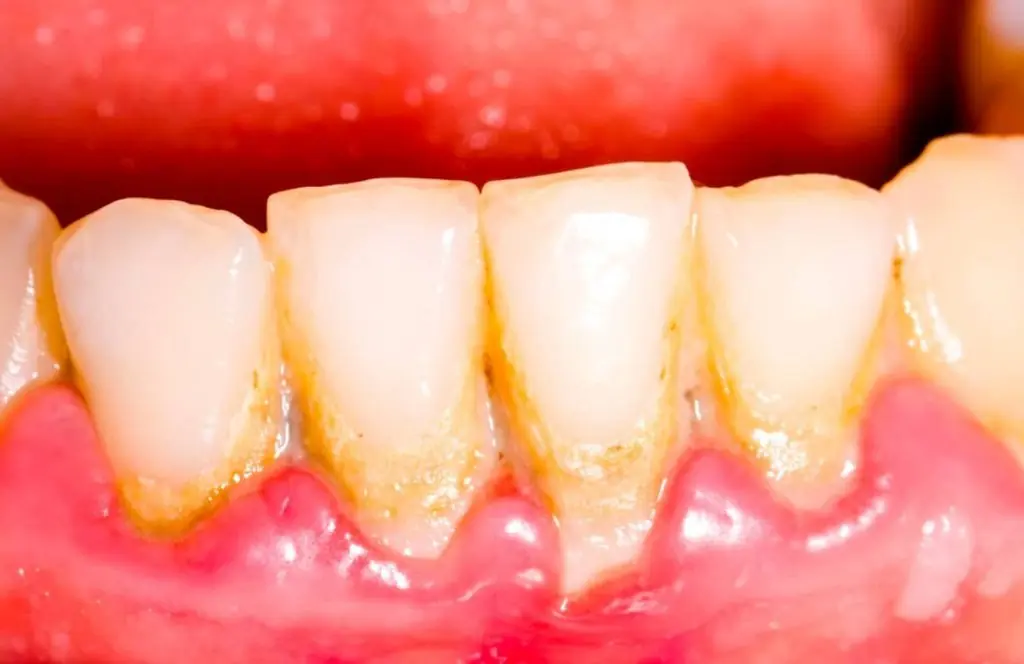
Natural Ways to Remove Dental Plaque That Are Never Shared in Clinics
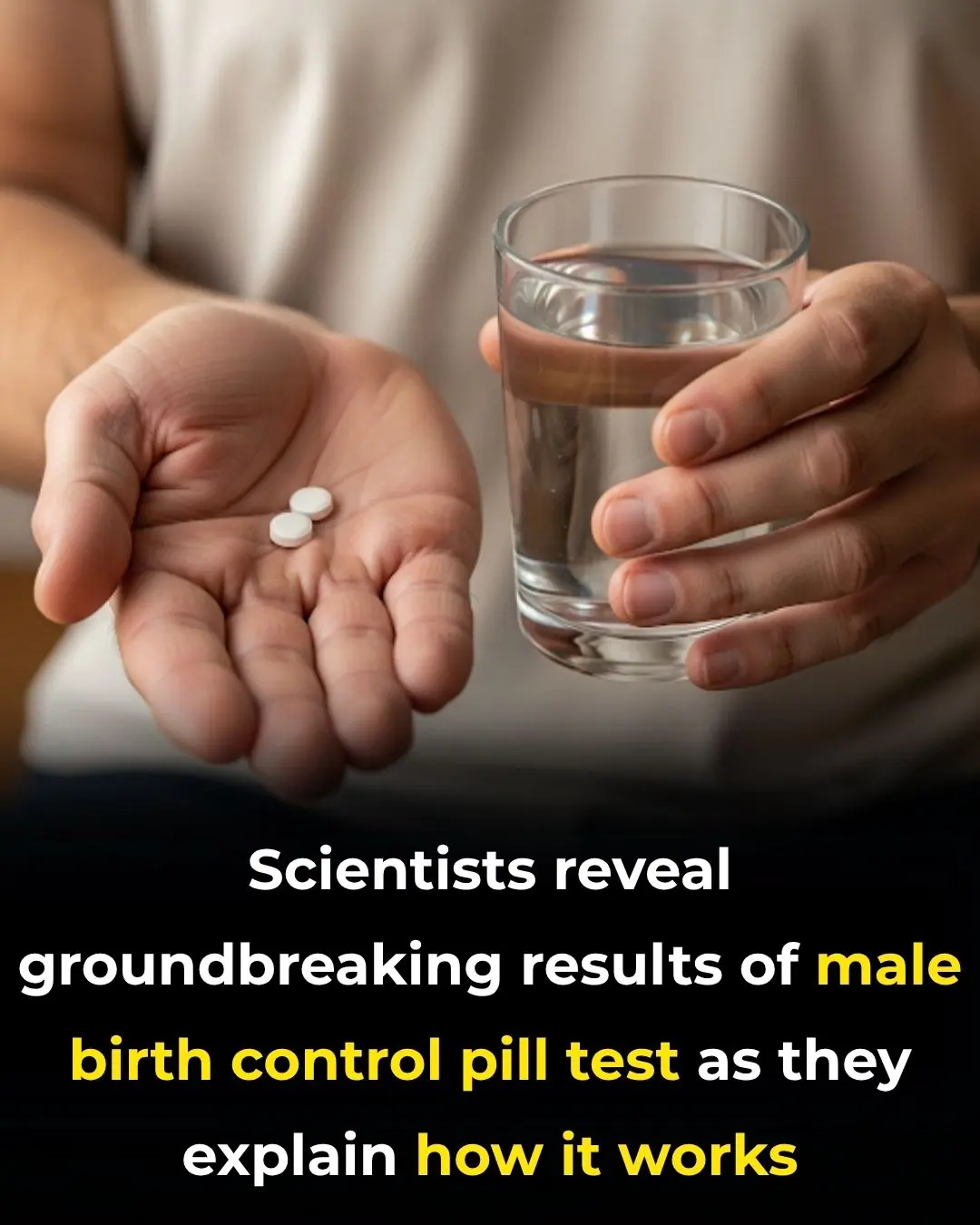
Scientists Share Breakthrough Findings From Male Birth Control Pill Trial And Explain How It Actually Works
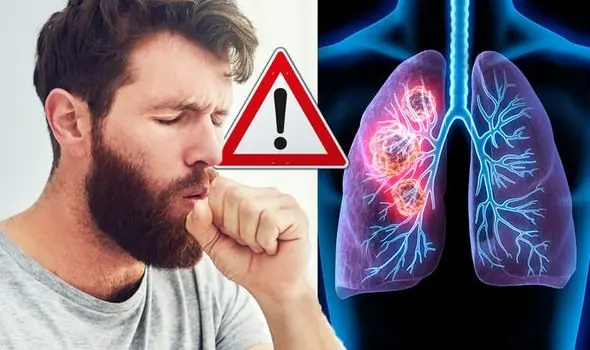
7 Warning Signs of Lung Cancer You Shouldn’t Ignore
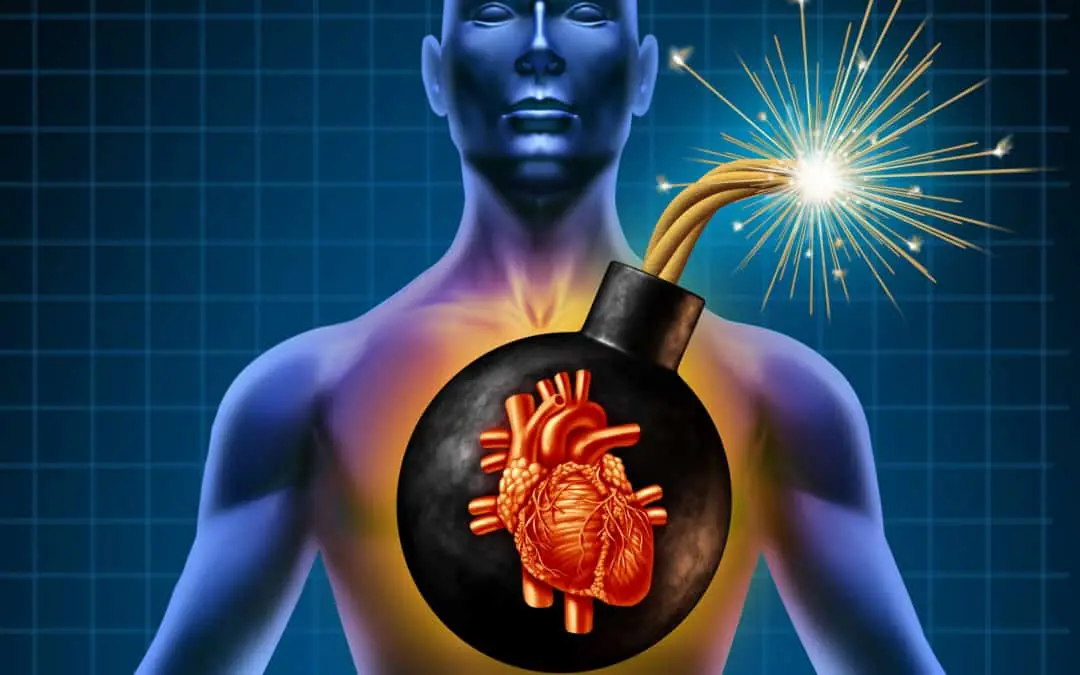
80% of Heart Attacks Can Be Prevented—Just Do These 5 Easy Things
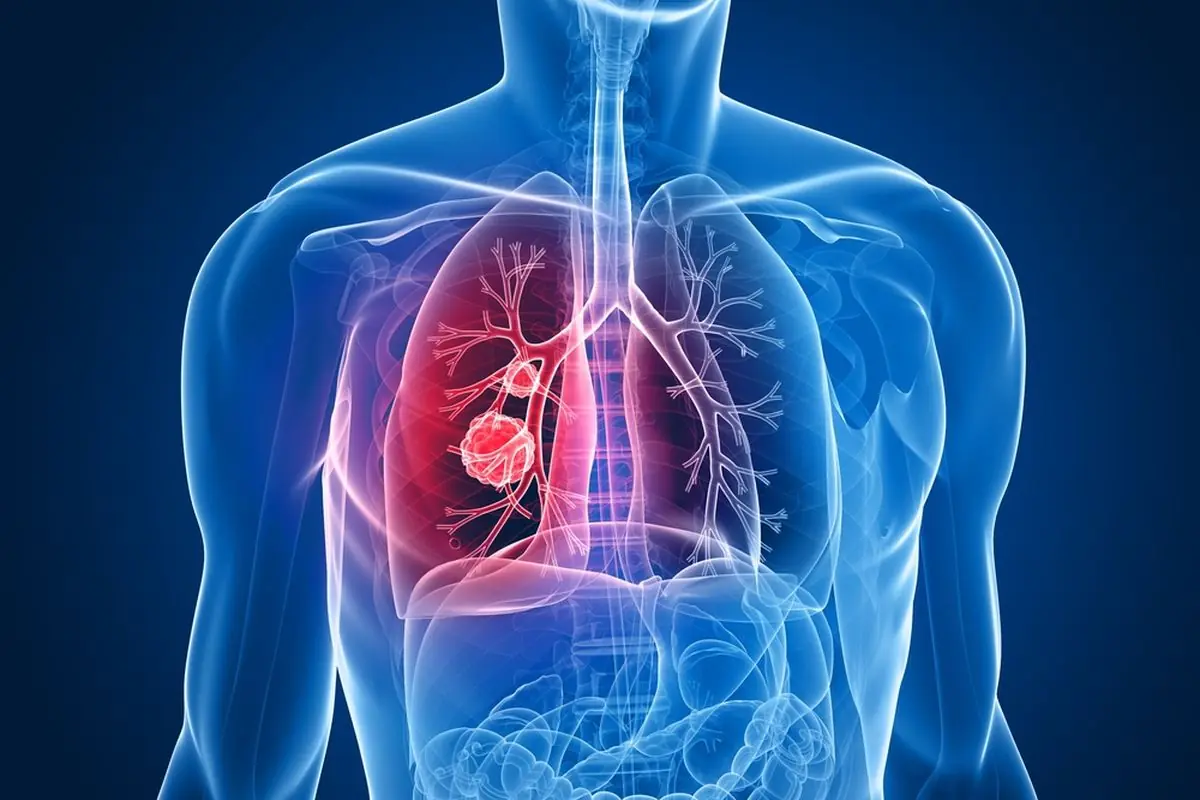
Vaping Dangers: Popcorn Lung, Cancer, Hypertension, Brain Damage and More
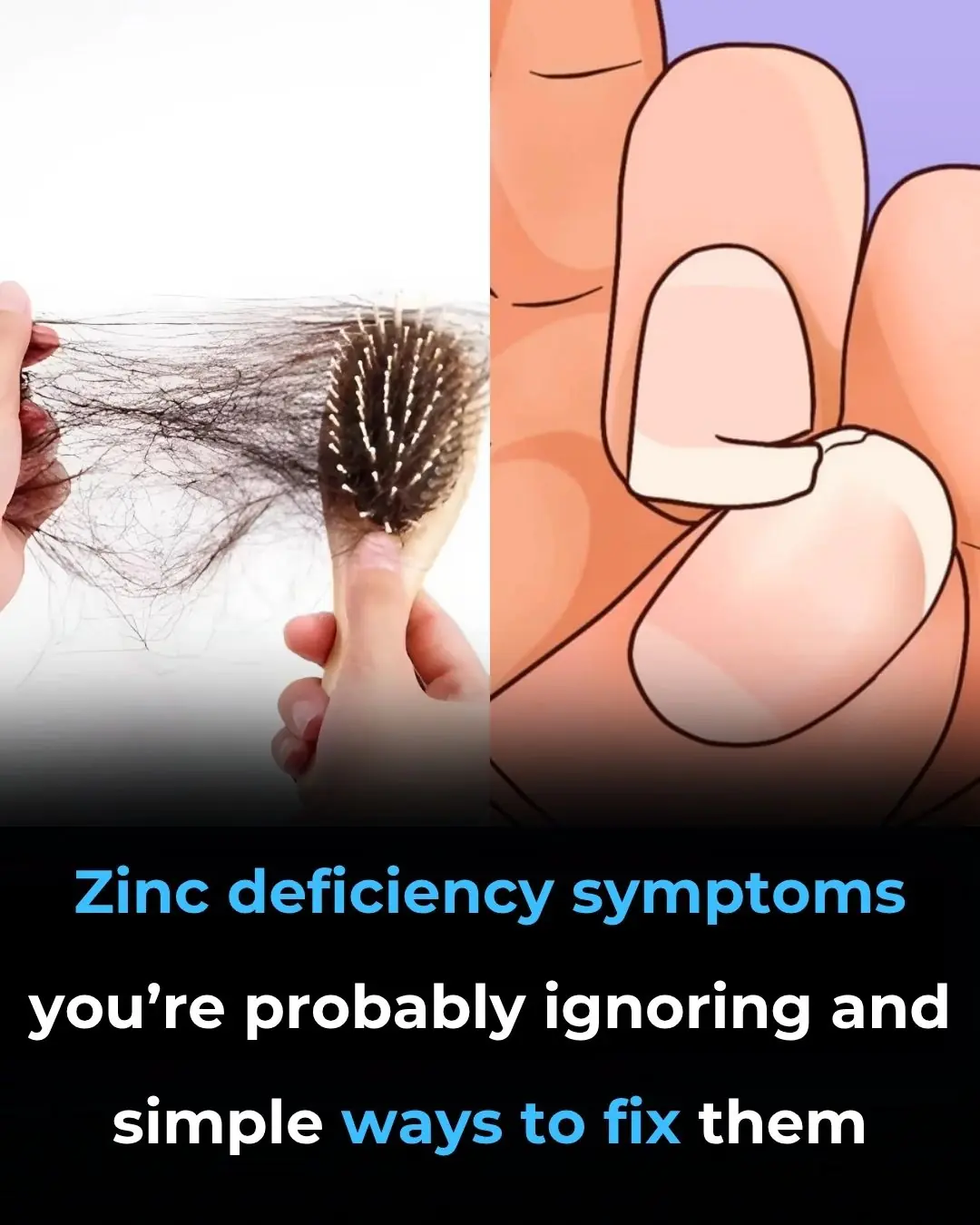
Warning Signs of Zinc Deficiency and How to Cure It
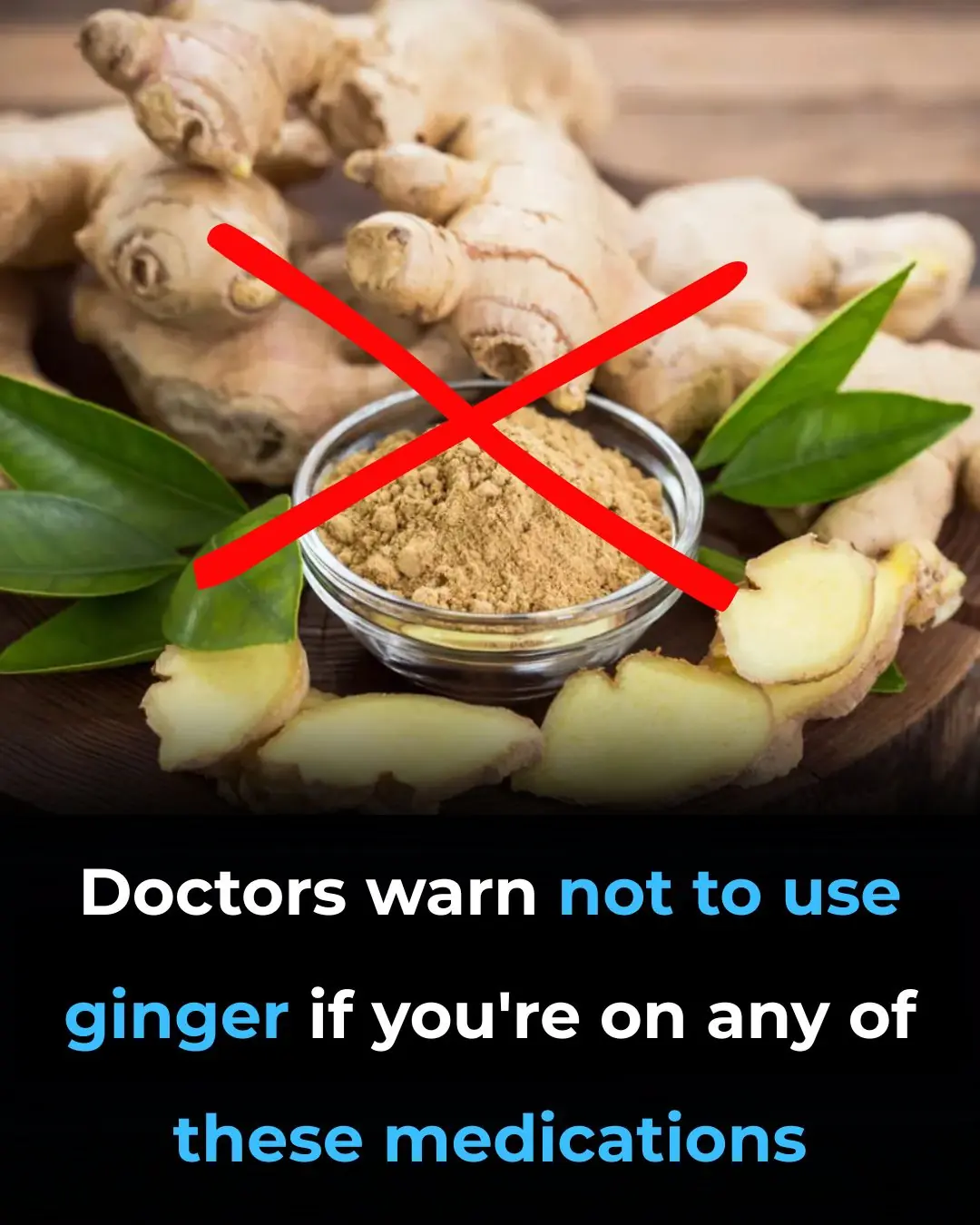
Ginger Should Be Avoided When Taking Certain Medications or Having Certain Health Conditions

Is It Safe to Wear Underwear Two Days in a Row? Experts Weigh In
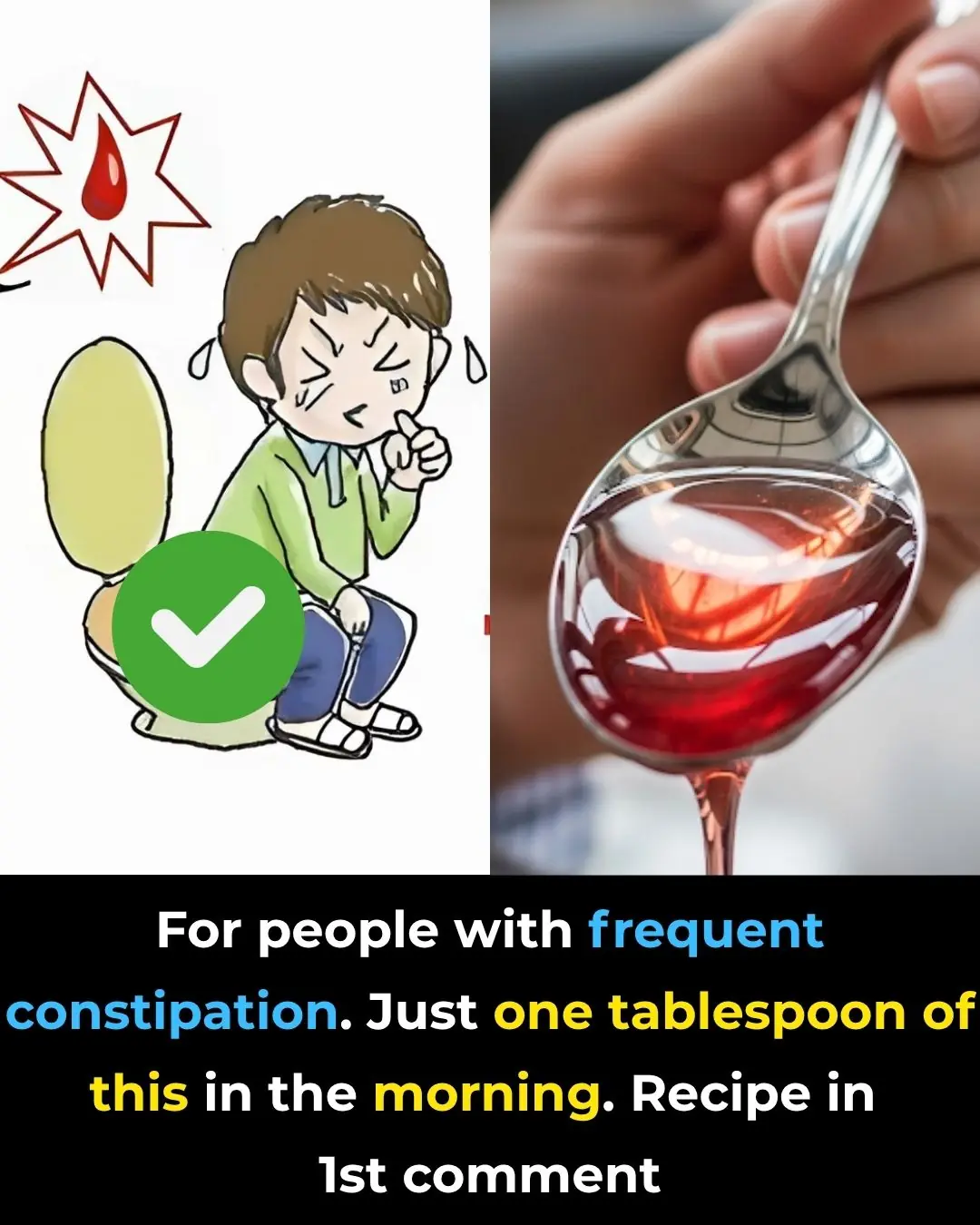
Just one spoon and you’ll run to the bathroom

Cinnamon and Honey: The Most Powerful Remedy Even Doctors Can’t Explain
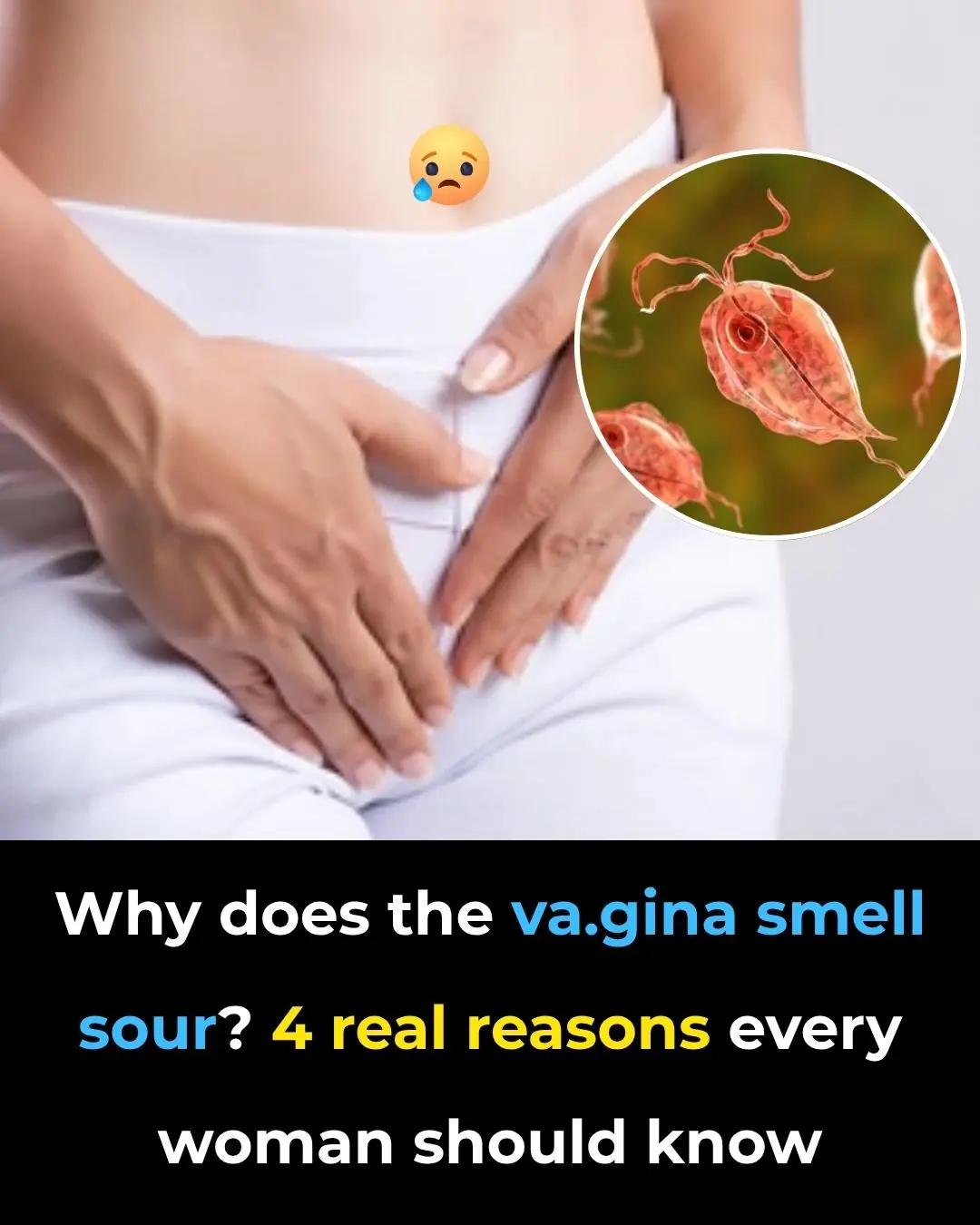
Why Does the Vag.ina Smell Sour? 4 Real Reasons Every Woman Should Know
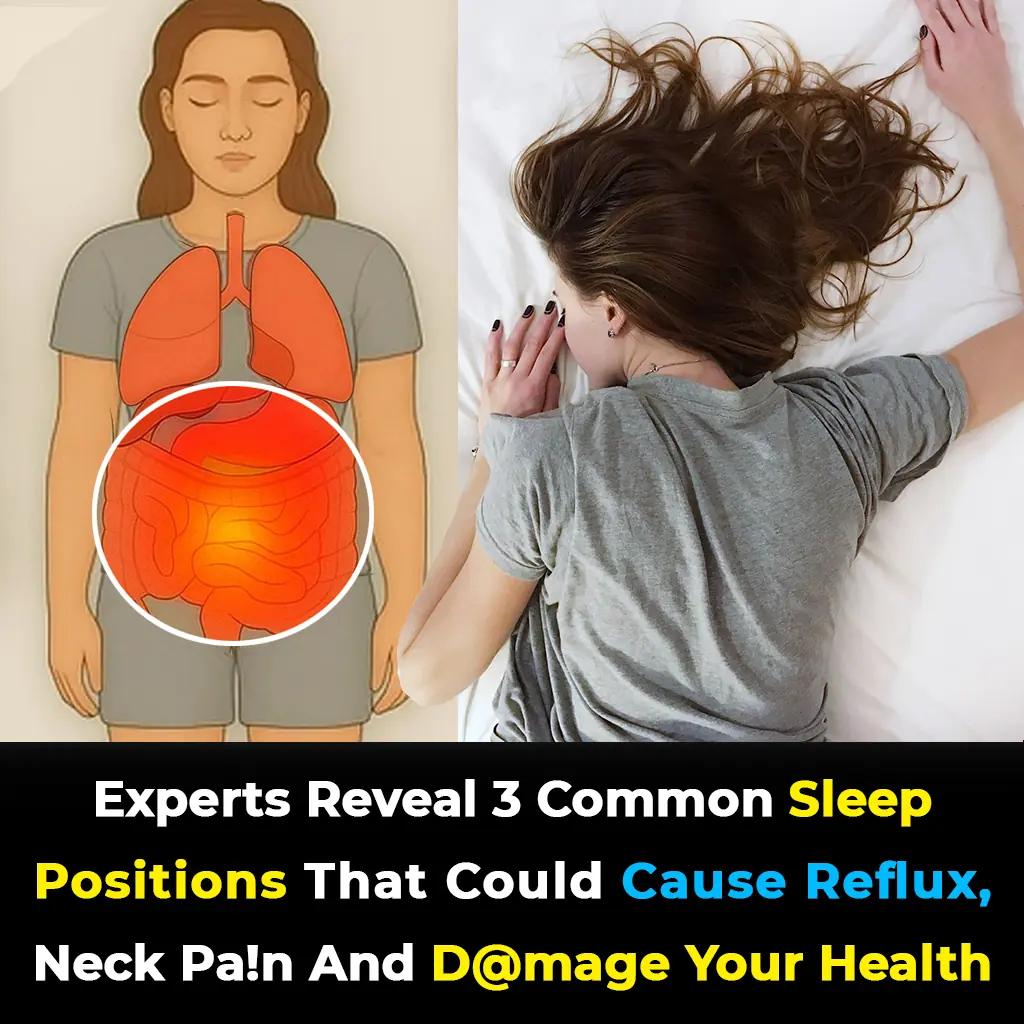
Experts Uncover the Worst Sleep Position for Your Body—And Most People Still Use It!
Your sleeping habits - especially your position - can either restore or undermine your health.
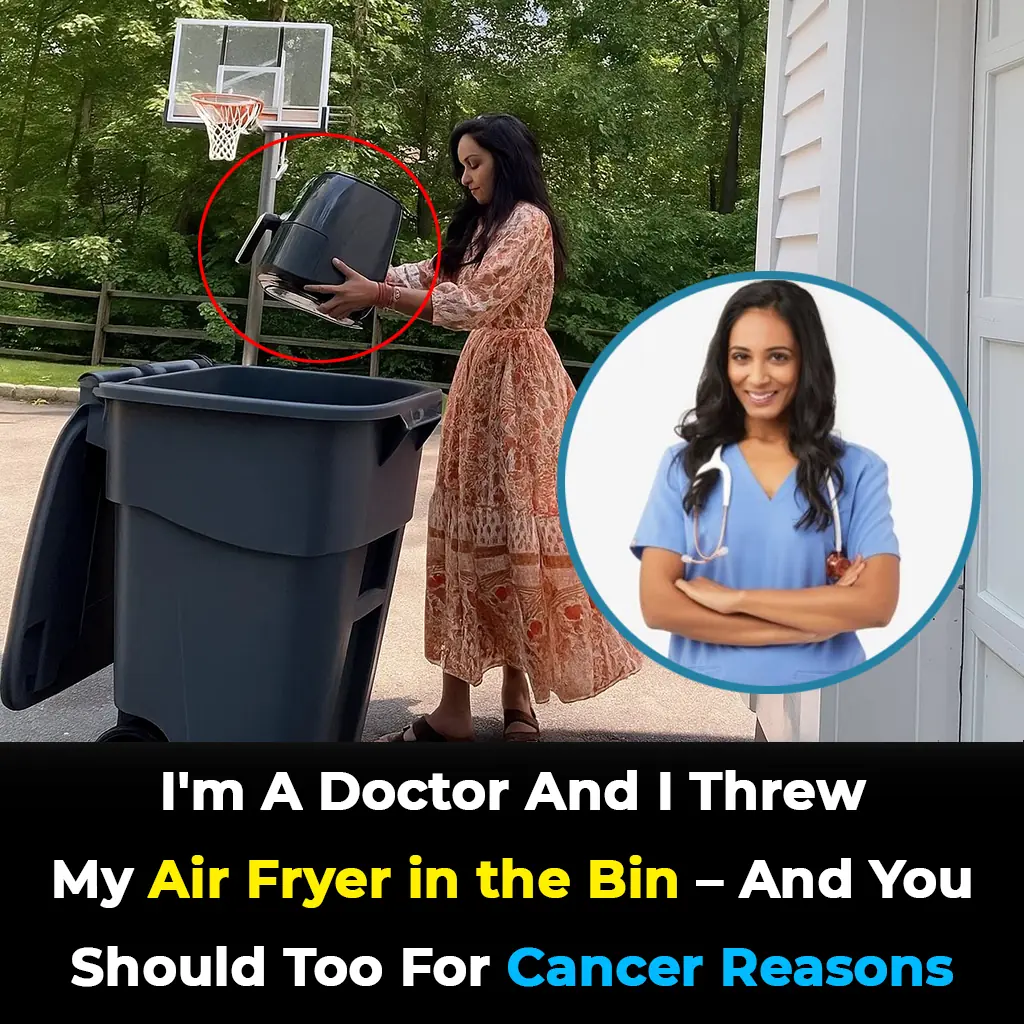
Doctor Issues Your Beloved Air Fryers May Pose Cancer Risk — Urges People To Stop Using Them
Dr. Desai’s statement has stirred up intense debate online. Some viewers applauded her for raising awareness, while others remained skeptical.
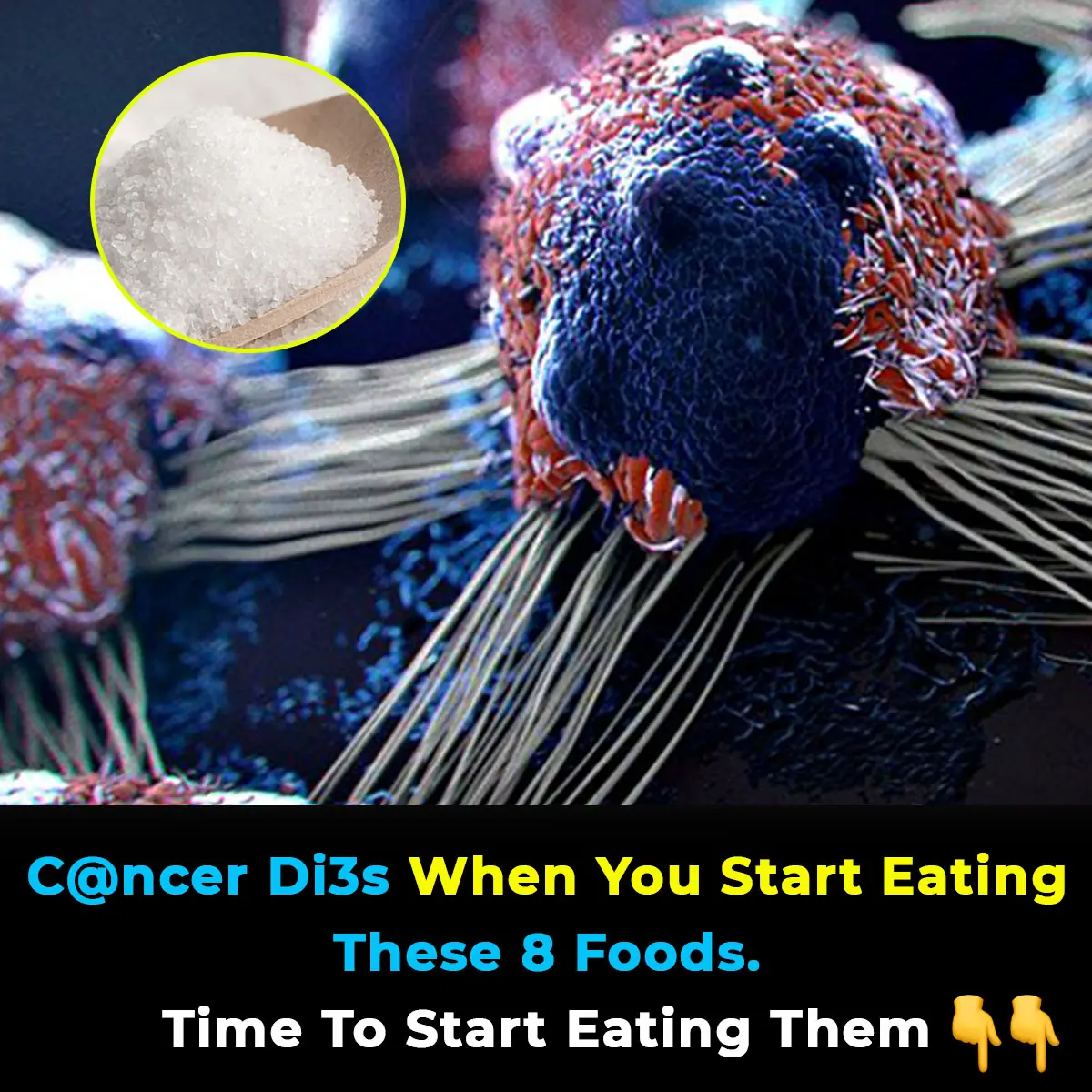
8 Foods That Help Eliminate C@ncer Cells
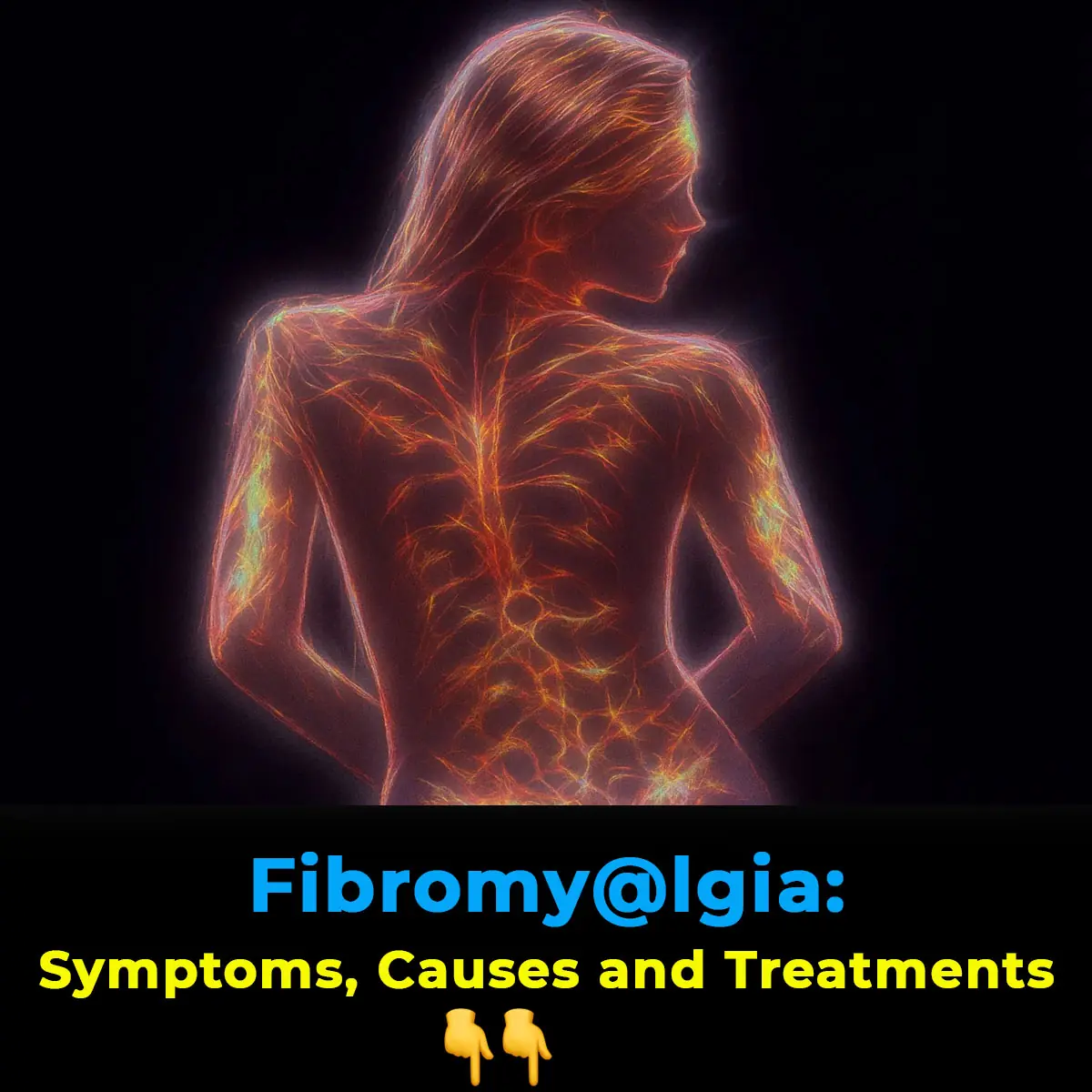
Fibromyalgia: Symptoms and 8 Natural Ways to Manage It
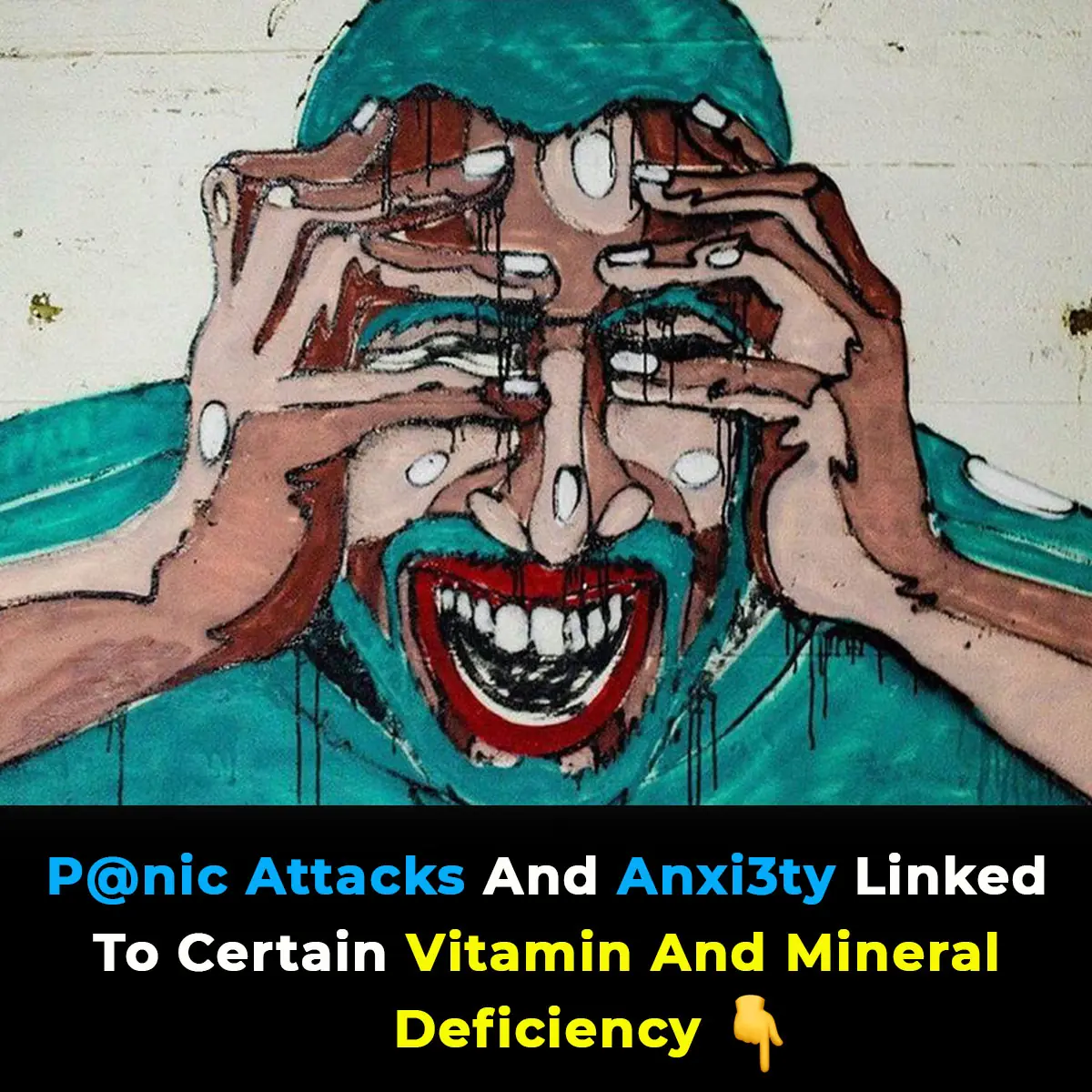
The Deficiency of These Vitamins Contributes to Panic Attacks
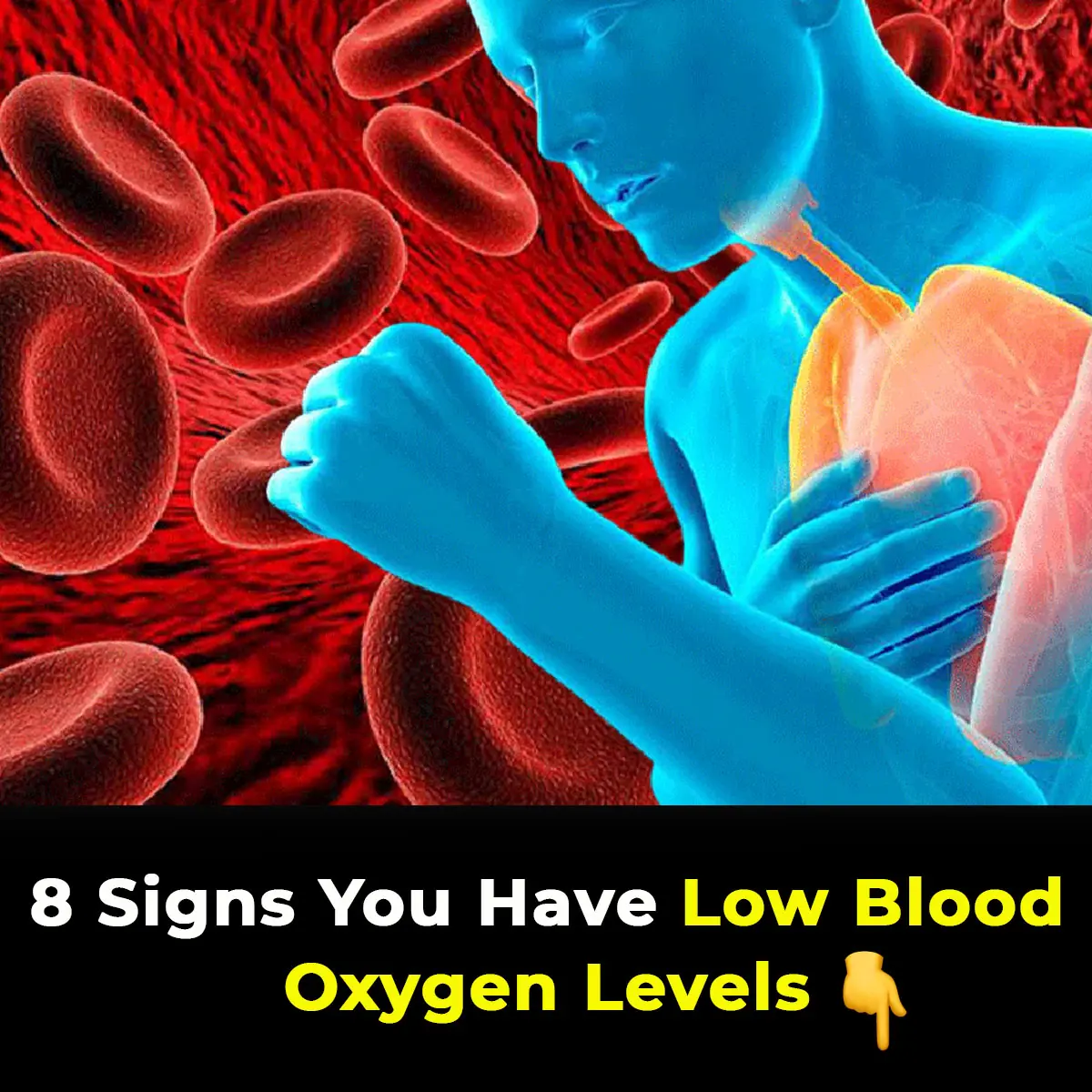
8 Signs Your Oxygen Levels Might Be Too Low
News Post

6 Powerful Teas That Will Instantly Reduce Inflammation and Boost Your Health

15 Early Warning Signs That Cancer Is Spreading In Your Body

Natural Ways to Remove Dental Plaque That Are Never Shared in Clinics
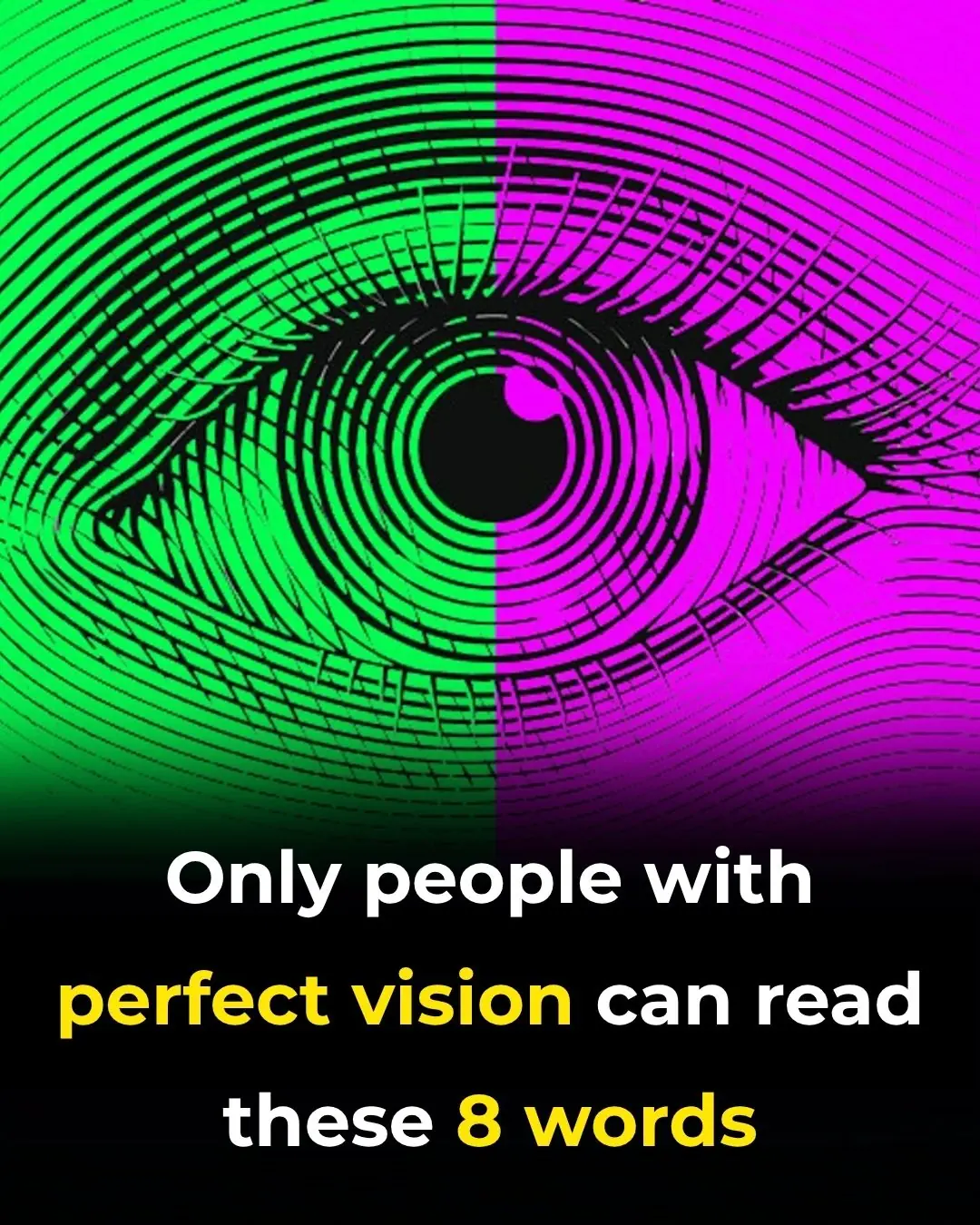
Test Your Color Vision: Can You Read These Words?

Scientists Share Breakthrough Findings From Male Birth Control Pill Trial And Explain How It Actually Works
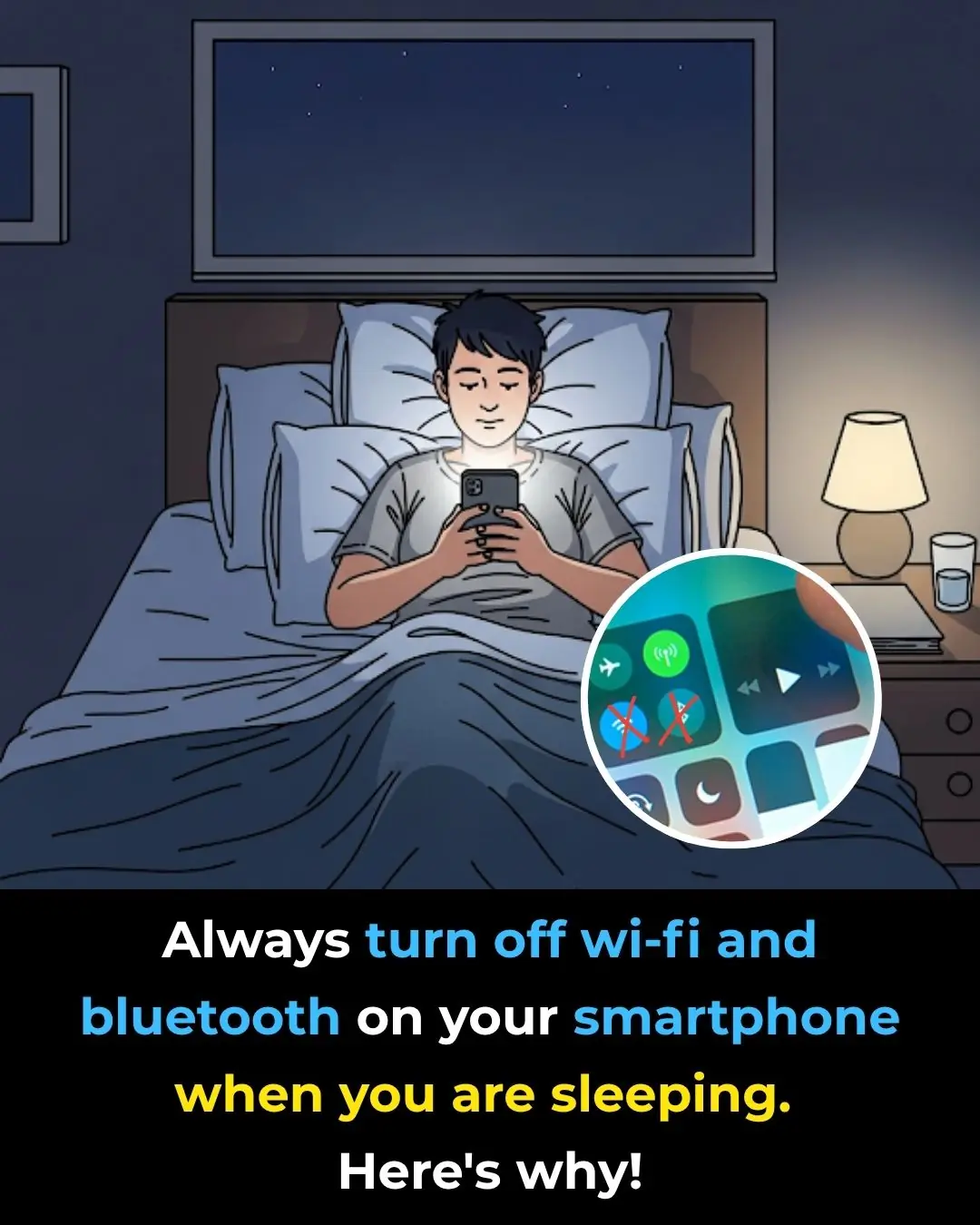
Should You Turn Off WiFi and Bluetooth at Night?

7 Warning Signs of Lung Cancer You Shouldn’t Ignore

80% of Heart Attacks Can Be Prevented—Just Do These 5 Easy Things

Vaping Dangers: Popcorn Lung, Cancer, Hypertension, Brain Damage and More

Warning Signs of Zinc Deficiency and How to Cure It

Ginger Should Be Avoided When Taking Certain Medications or Having Certain Health Conditions

Insane amount of money viral 'Storm Area 51' stunt cost the US military

Scientists explain 'puzzling blob' heading straight for New York City that's hidden 200 kilometers below our feet
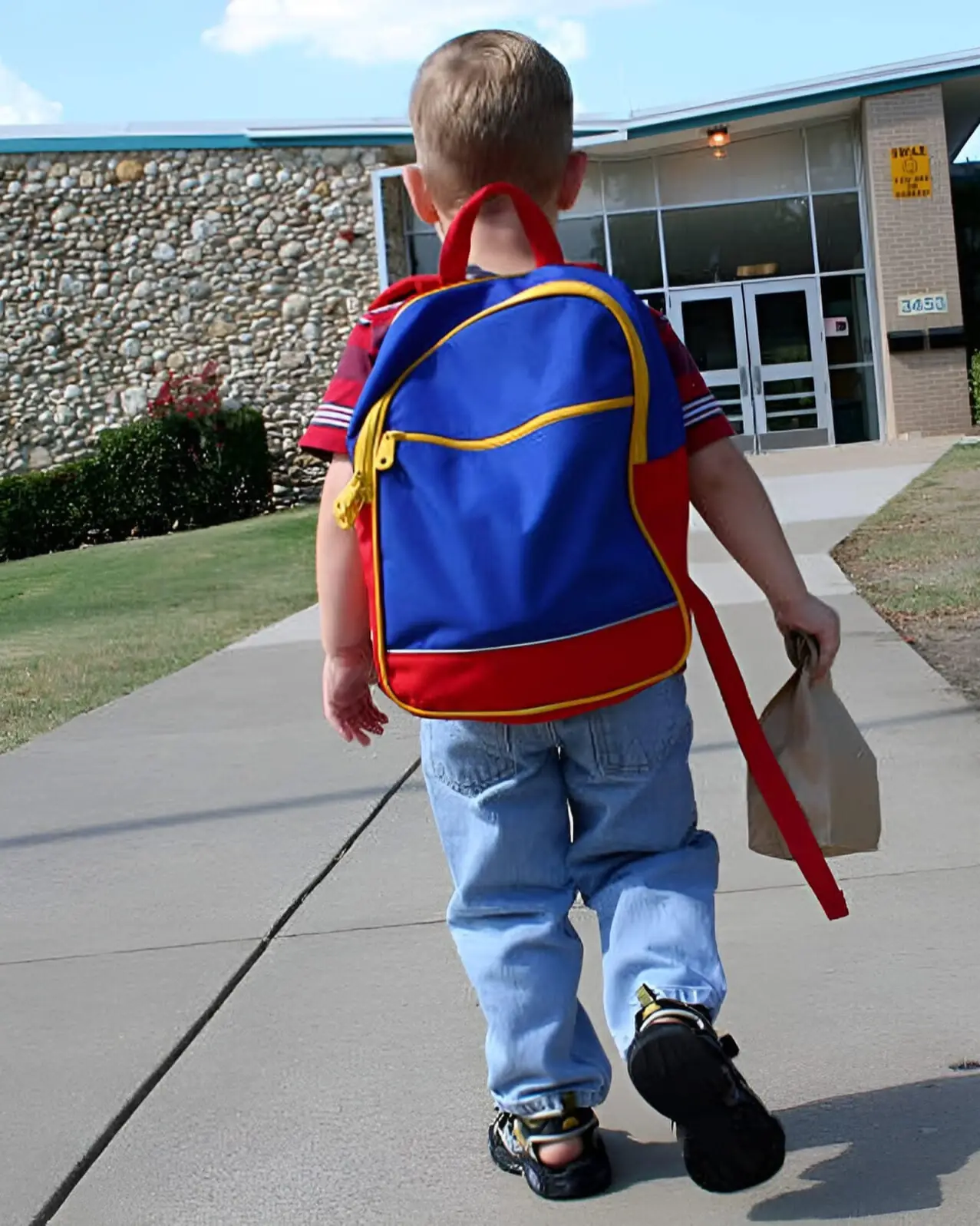
The Second Lunch: How One Quiet Act Sparked a Schoolwide Movement.

The Wild Soul Who Chose Me: A Farewell to Nawty.

My Husband Said He Was Helping His Brother Fix the Roof After Work for Two Weeks – Then I Ran Into My SIL and Heard the Shocking Truth

My New DIL Shamed My Granddaughter Over a 'Cheap' Gift – She Didn't Expect the 'Surprise' I Had in Store for Her
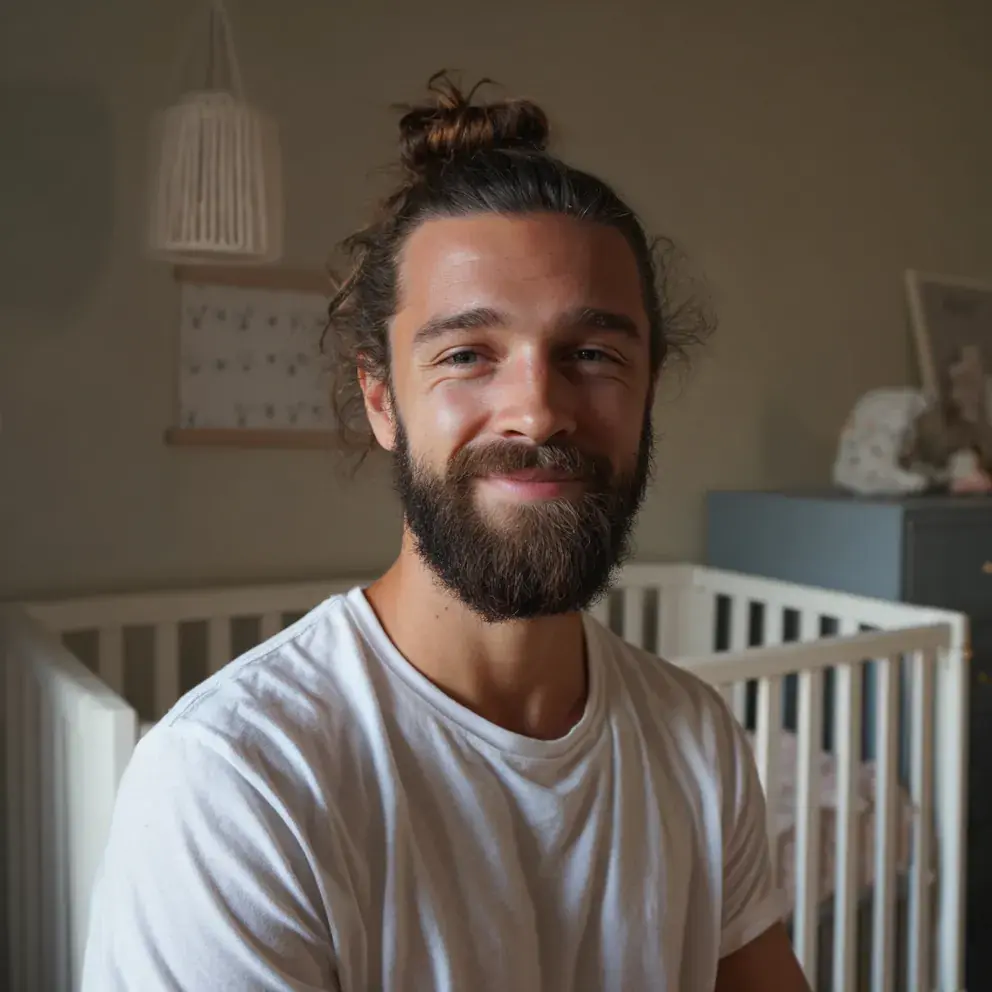
At Our Baby's Christening, My FIL Ran Into the Church and Screamed, 'Stop! This Is the Wrong Baby!'
